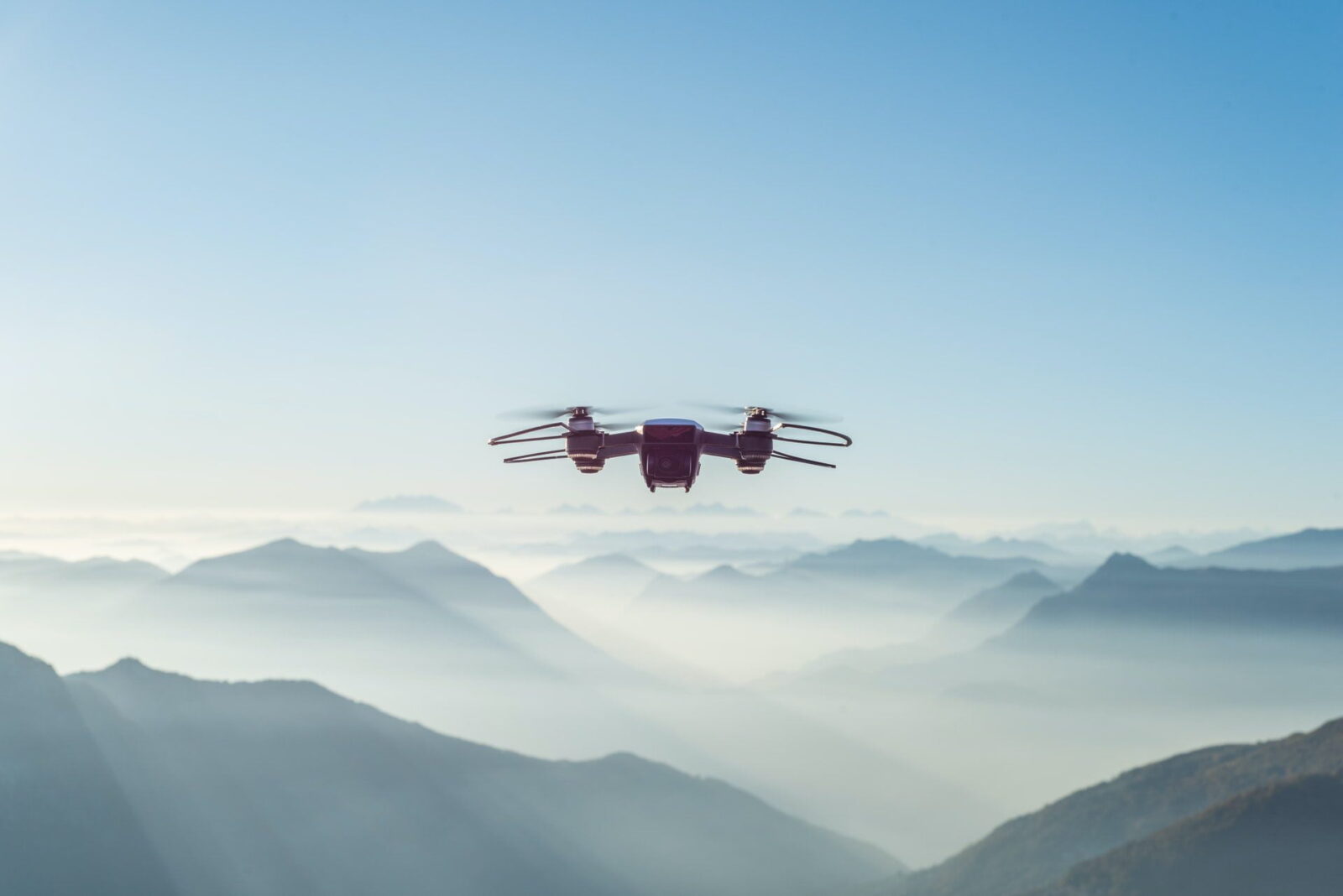
Drones are among the most innovative and practical gadgets we have today. Their use is multi-faceted, but they are also entertaining to play around with. The only drawback is their price. The prices of camera drones range from $500 to over $2000, plus for high-end models. Because of this, it is natural to wonder, “Can you fly a drone in the rain?” No one wants to spend that much money on a gadget and not take care of it.
As we have said, there are many things you can do with a drone. People have been developing new ways to use them to the point that they are starting to become regulated. That is why knowing what you can and can’t do with a drone is essential to staying safe.
What Happens if You Fly a Drone in the Rain?
Whether you want to buy a drone for personal or professional use, you must be aware of its sensitivity to water.
If water comes into contact with the circuit board of your drone, a short circuit can occur in its electrical components. This is not only the case with rain. If you land a drone on a patch of wet grass, you could still damage it.
That is not to say that moisture can only damage your drone if you use it outside. Moisture damage can occur even if you shield the drone from the elements. For example, suppose you are moving during a rainstorm and have not adequately packed your drone. The difference in temperature between the outside and inside of the vehicle can cause condensation to form. Water damage of that kind can also harm your drone. Because of this, you must ensure your drone is adequately packed to keep it dry.
How to Make Your Drone More Water-Resistant?
While recreational drones are not designed to be flown in the rain, there are ways to make your drone a little more water-resistant. That’s not to suggest they can compete with the water resistance of certain enthusiast-grade drones. However, you can do things to increase the water resistance of an average consumer drone.
One of the best things you can use is a silicone conformal coating to protect all your drone’s electrical components from water damage. It will not make your drone waterproof, but it will help if it starts raining while it is out. A silicone coating helps prevent water from entering your drone and damaging the electrical components that aren’t covered.
This is something you can do if you enjoy tinkering with electronics. If you don’t want to mess around with a drone’s parts, it’s always better to know what kind of drone you want beforehand and consider taking it to the pros.
The drone’s water sensitivity is determined by its design. Water can directly penetrate the copper windings in the electric motor of some drones. It’s because of the large air vents that drones have for flight control.
If water flows into the receiver or the flight control, the drone may become unmanageable. If water directly encounters the power distribution board, the electric motor, or the controller, a battery short circuit will occur. This short circuit can cause cables to melt, burn circuit board components, or weld the engine’s rotor and stator together.
What Are the Wet Situations That Can Damage Your Drone?
Rain may be the first thing that comes to mind when discussing possible water damage. However, many other, less apparent situations can cause moisture damage to your drone.
Humidity is the most common type of moisture other than direct contact with water. Fog, for example, occurs when the air near the ground cools sufficiently to convert the water vapor into liquid water or ice. Fog is a type of low-lying cloud. Water vapor can enter your drone through all small holes and cause corrosion.
That is not to say that moisture can only damage your drone if you use it outside. Moisture damage can occur even if you shield the drone from the elements. For example, suppose you are moving during a rainstorm and have not adequately packed your drone. The difference in temperature between the outside and inside of the vehicle can cause condensation to form. Water damage of that kind can also harm your drone. Because of this, you must ensure your drone is adequately packed to keep it dry.
How to Remove Water from Your Drone?
Sometimes, no matter what you do, you can’t prevent your drone from getting wet. What if you fly your drone in the rain even though it isn’t waterproof? What if you accidentally landed it in the water? How do you remove water from your drone to minimize water damage or prevent it from causing further harm? You can take some steps to try to save your drone.
Remove the drone from the water or rain immediately and turn it off to prevent electricity from flowing through it. Then, remove the battery from the drone. If you immerse the drone in water, its battery is likely to be dead, and you will likely need to replace it.
Use distilled water to remove as much water as possible from the drone. It may seem counterintuitive, but the goal is to eliminate water that might cause corrosion. Distilled water is less corrosive than rainfall or saltwater.
Remove the top cover from your drone and place it in a tub or bucket filled with uncooked rice. Allow the drone’s distilled water to permeate the rice. Remove your drone and clean it with a moist cloth. Don’t try to start your drone until it’s entirely dry.
If All Else Fails, Take It to a Repair Shop
If you damage your drone, it would be wise to take it to a repair shop for professional attention. This is the best thing you can do for your damaged drone, especially if you are not tech-savvy or skilled with electronics repair. The downside is that you must pay for the repair, which is not always cheap.
Final thoughts
Can you fly a drone in the rain? As you can see, it is not a good idea, at least not with consumer-grade drones. However, there are steps you can take to protect your drone’s sensitive electronics from water and potentially save it if necessary.

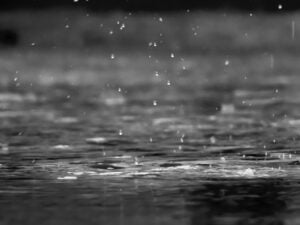
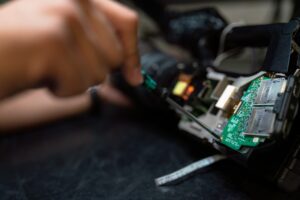

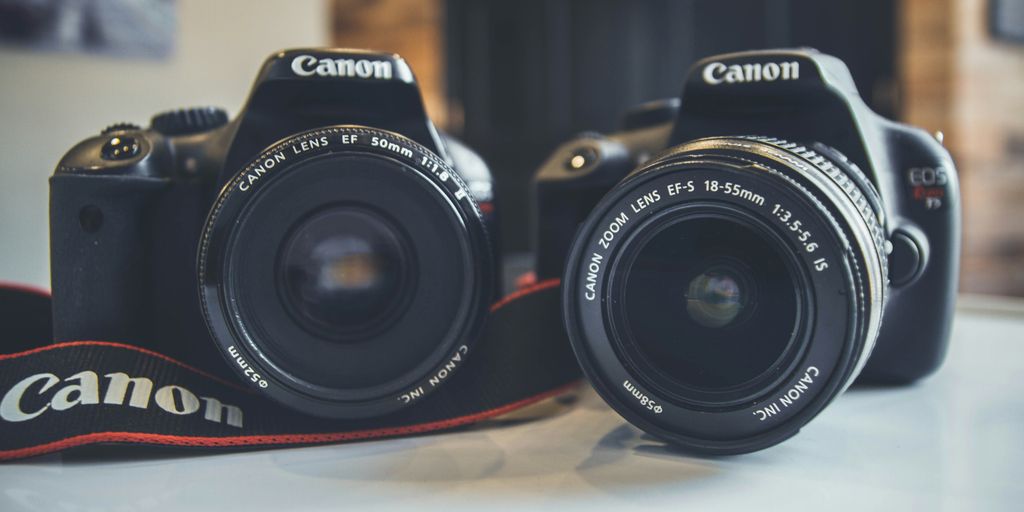
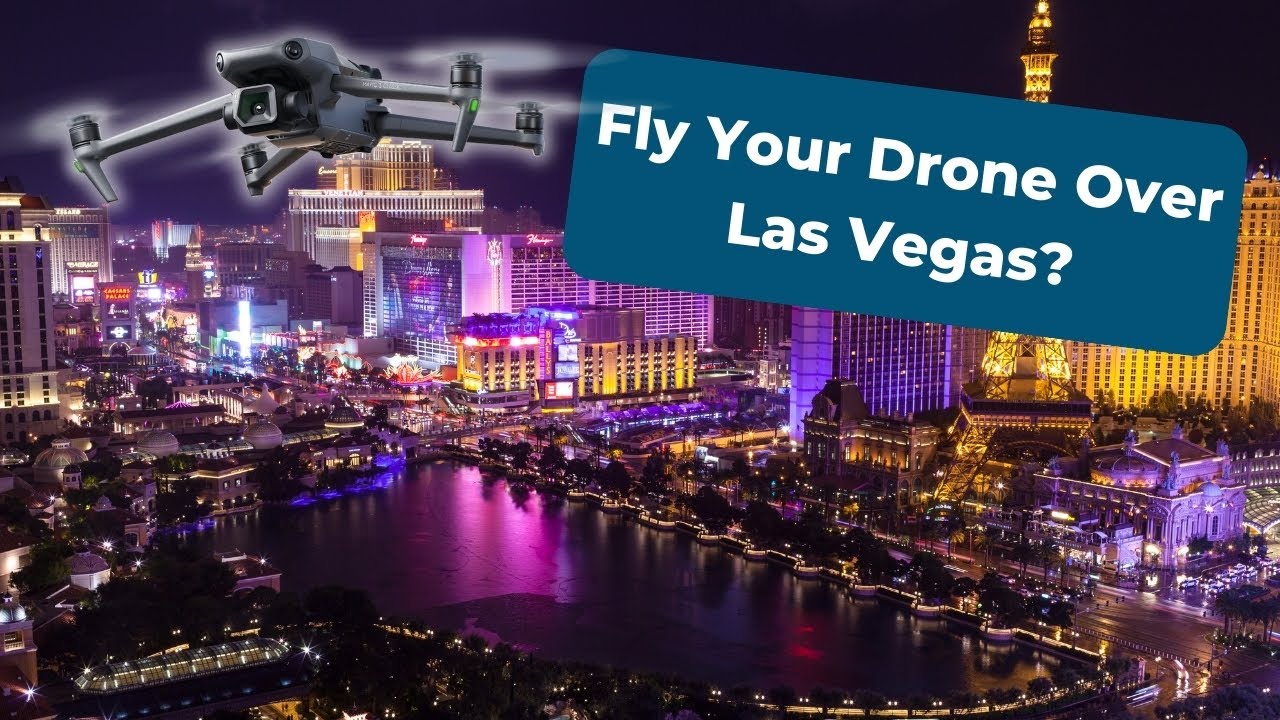
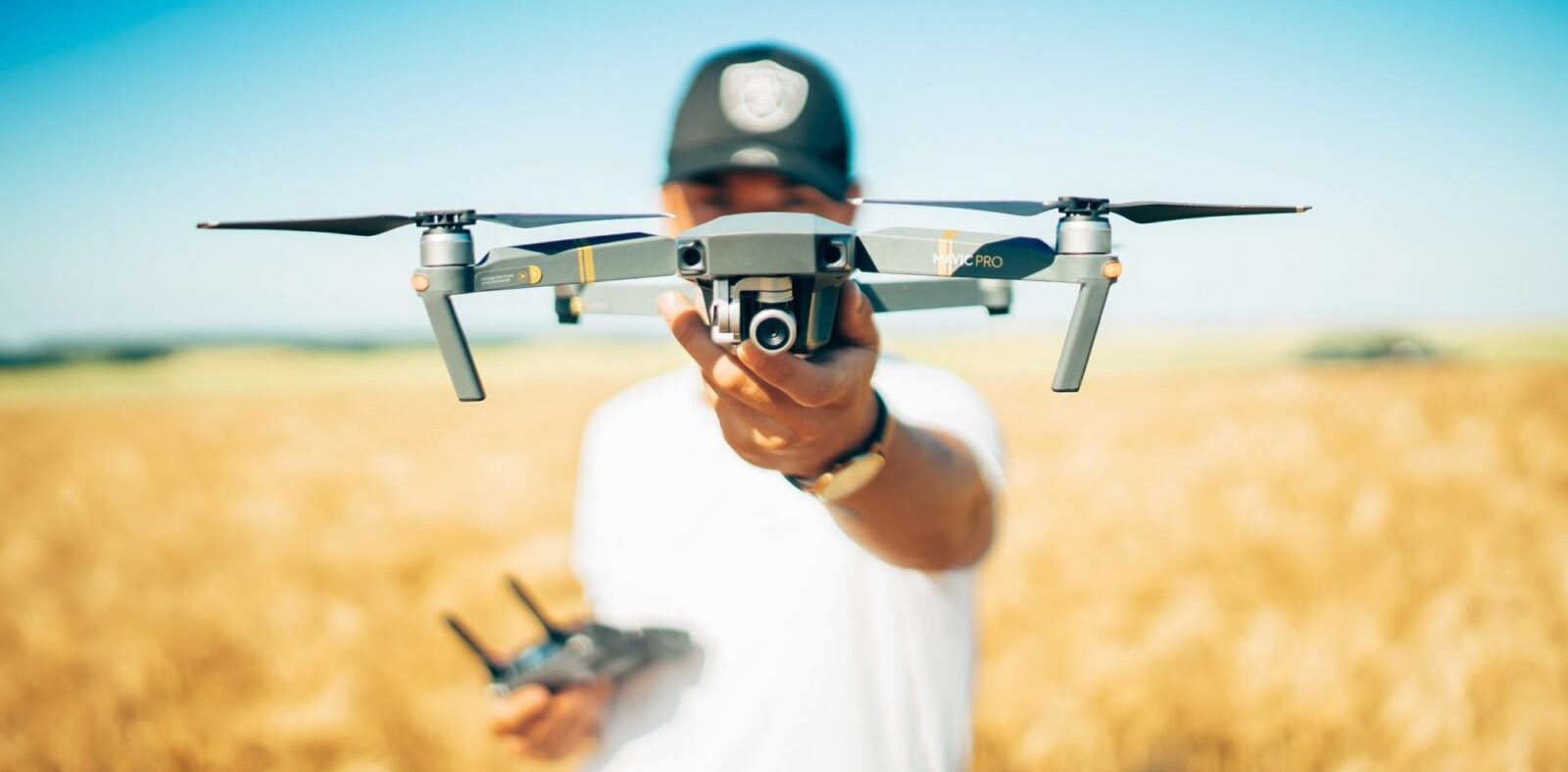

Comments are closed.